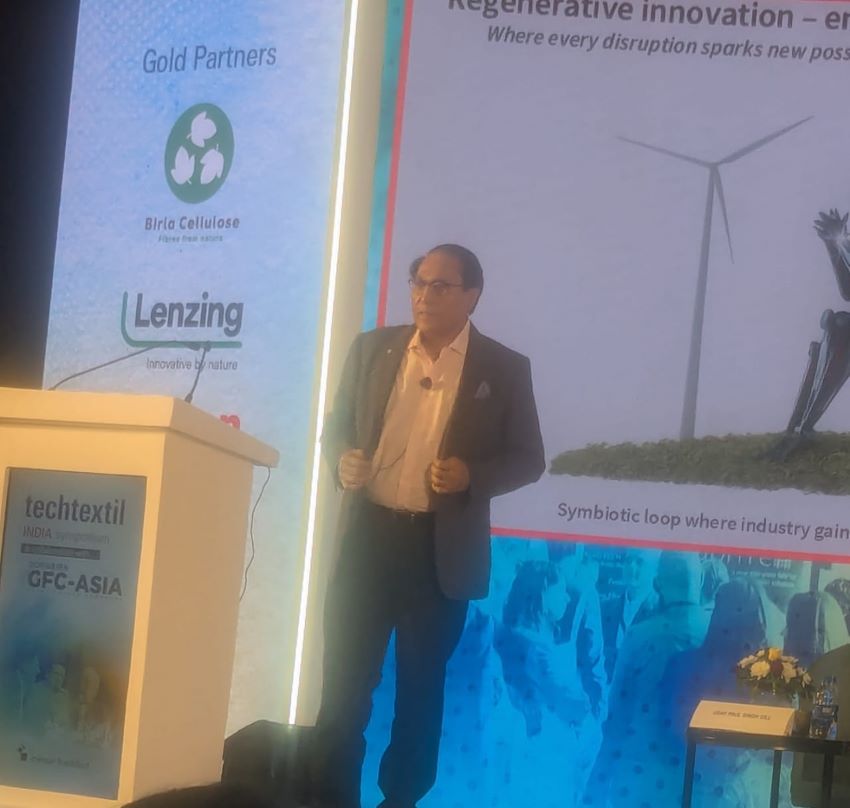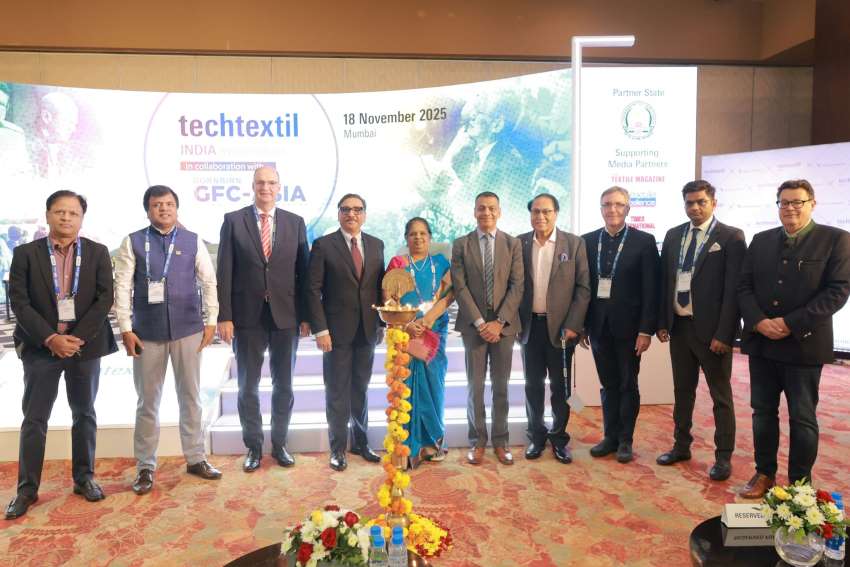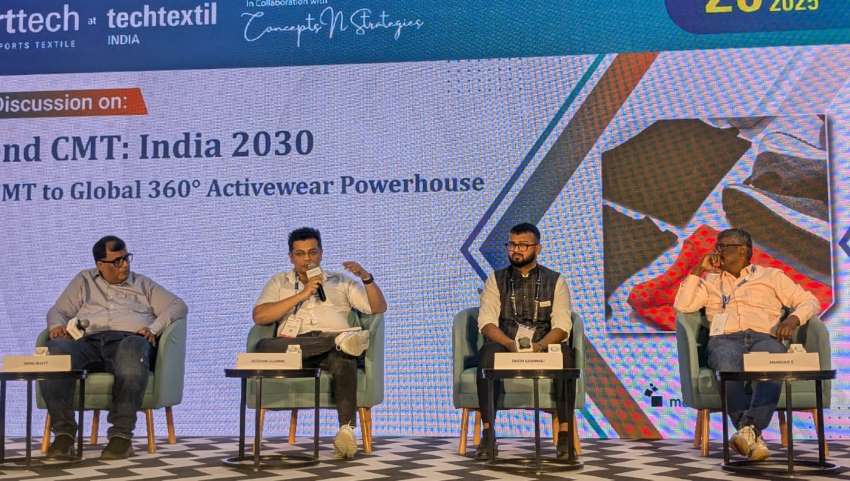
In the intricate, interconnected world of global apparel, tariffs are not just a line item on an invoice—they are, in the words of Cem Altan, "killers of the industry." The President of the International Apparel Federation (IAF), speaking exclusively with FashionatingWorld, delivered a stark warning about the rising tide of protectionist trade policies and their destabilizing effects on the global supply chain.
For Altan, the ideal of "free, open" global trade is a fundamental principle being eroded by the unpredictable, unilateral actions of governments. This isn't a new phenomenon. Historically, U.S. trade policy has swung between protectionism and liberalization, with periods like the Smoot-Hawley Tariff Act of 1930 that epitomized trade restriction. The current policies, particularly recent U.S. tariff announcements, have been implemented "too quickly without negotiating" and with little warning, leading to a climate of crippling uncertainty that makes long-term planning impossible for suppliers.
The human cost of uncertainty
"This is the biggest problem, uncertainty," Altan emphasized. The apparel and textile industry, with its razor-thin margins and intense competition, requires continuous investment to keep up with rapid changes in digitalization and regulation. When suppliers cannot see what the future holds, they hesitate to invest, a delay that ultimately hurts the entire supply chain.
The consequences, Altan noted, are far-reaching and deeply human. As manufacturers are squeezed by high tariffs and an inability to invest, they are forced to make difficult decisions. The financial pressure from brands, who do not want to absorb the new costs, is often passed down to suppliers. Without any "room to give them any more discount," manufacturers are left in a holding pattern. This waiting game leads to a devastating outcome: job losses. "Millions of millions of workers and companies lay out of work," Altan lamented, highlighting how political decisions can cripple the economies of entire countries.
The ‘Paradox of Protectionism’
Ironically, while these tariffs are intended to protect domestic industries, they are not having the desired effect on all fronts. Altan offered a paradoxical observation: while the U.S. has engaged in a trade war with China, the Chinese industry is proving to be exceptionally resilient. "China is very smart," Altan noted. Instead of losing business, Chinese companies are simply diversifying their production to other countries that have more favorable trade agreements, such as Cambodia, Vietnam, and ASEAN countries.
"Sustainable Terms of Trade Initiative" (STTI): A a crucial tool to protect manufacturers
In this volatile environment, Altan stresses the vital role of the IAF. He highlighted the organization's "Sustainable Terms of Trade Initiative" (STTI) as a crucial tool for protecting manufacturers. This initiative seeks to establish clear, fair contractual terms that prevent brands from abruptly canceling orders or reducing prices. By pushing for international regulations and educating its members, the IAF is fighting to bring a semblance of stability to an industry plagued by political whims.
The interview made it clear that tariffs are not just an economic issue; they are a human issue. They create instability, hinder innovation, and lead to job losses, all while failing to fully achieve their stated protectionist goals. For Cem Altan, the message is simple: a healthy global fashion industry requires collaboration, not confrontation, and a commitment to free and open trade that benefits everyone.












